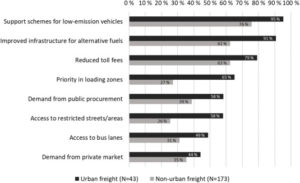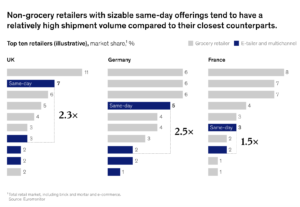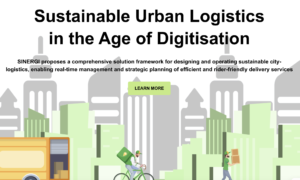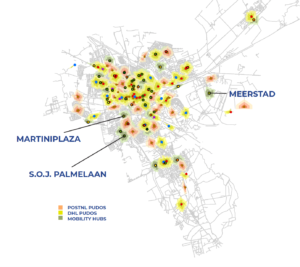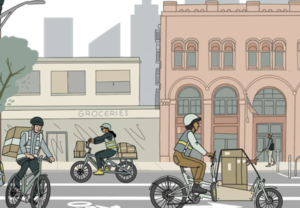Sustainability assessment of last-mile EV: a qualitative study in Germany
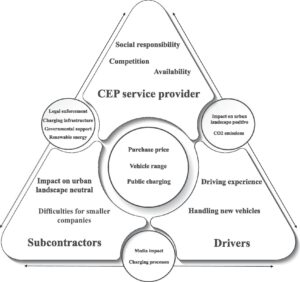
Switching to electric vehicles to reduce CO2 emissions and preserve the environment is a common approach also being relevant to the last mile. However, establishing electric vehicles in the long term requires considering economic and social sustainability and ecological sustainability. Additionally, the last mile is characterized by different participants who must be considered for a holistic approach. In …

